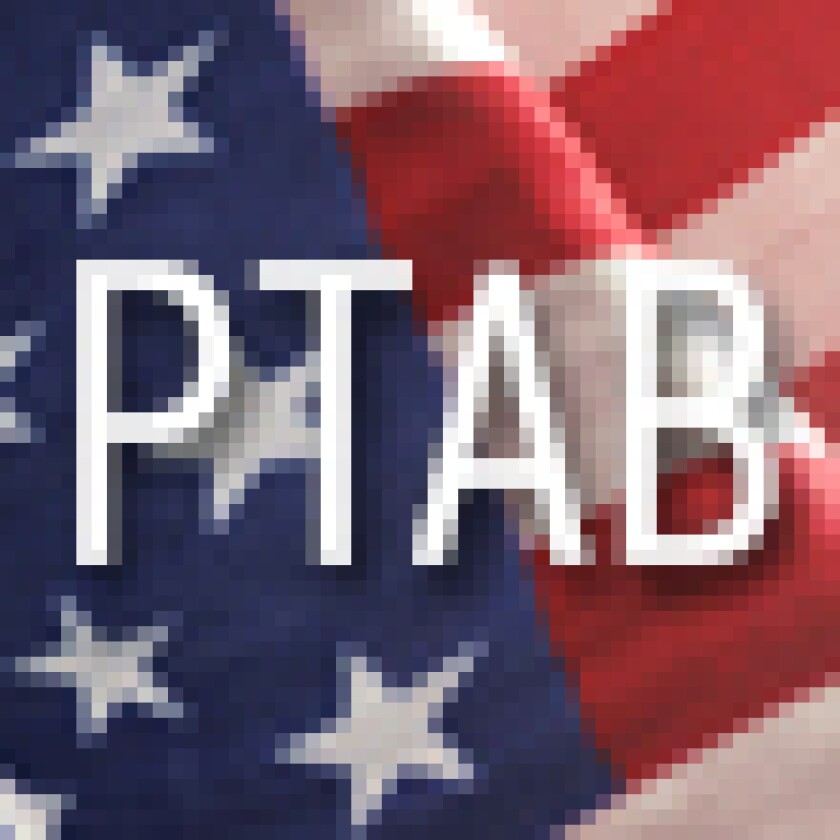Kappos, partner at Cravath Swaine & Moore, and former director of the USPTO, praised the job the PTAB has done in keeping up with its higher-than-expected workload. He said it was too early to assess how the Board is doing in its decisions.
“One thing I would say is that the ultimate arbiter of whether the PTAB is getting these things right is going to be the Federal Circuit and, to some extent, the Supreme Court," Kappos said, “We need to reserve judgment and look to the court decisions and also look to the basis of the court decisions. I would see it as OK if the agency gets reversed on close calls, judgment calls on things like 103 decisions. I certainly wouldn’t see it as OK if you start getting into arbitrary and capricious or abuse of discretion kinds of things, though I see no indication that is a problem yet.”
The USPTO asked for feedback on PTAB proceedings and received 37 comments by its deadline last week. Quite a few of the comments raised concerns about the constraints under the proceedings, such as the lack of ability to amend. Many believe the proceedings are weighted too much in petitioners’ favor and are unfair to patent owners.
“What is really at stake here is: how fair are these proceedings going to be perceived as?” Johnson , senior vice-president for intellectual property at Johnson & Johnson, said. “Ultimately if they are perceived as being unfair there will be reactions, whether the reaction is from the Federal Circuit or whether the reaction is from Congress, or whether the reaction is from businesses who say, ‘If every important patent I get can easily be invalidated by taking it into IPR, why should I be doing anything in the patent system? Why shouldn’t I be doing trade secrets or whatever my other alternatives are?
“We all have a strong interest in making sure these proceedings are not only fair but also that they are perceived to be fair. If it may make a difference in perception on the side of fairness, that is something worth going for. These are extremely important issues and I am really glad the PTO has taken the step to go out and get comments. Frankly, if it gets messed up we could lose even more credibility with the patent system itself and that to me is a big long-term risk.”










